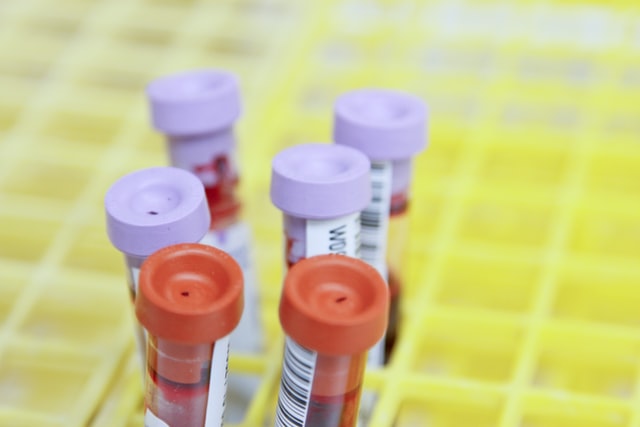What Genetic Testing can Reveal
What is genetic testing?
Genetic testing is a process which involves sampling an individual’s DNA (their genetic makeup), in order to identify gene or chromosomal changes which might impact on their health, and that of their future children.
There are many different types of genetic tests, and each one will involve identifying a specific gene mutation or confirming the presence of a specific rare disease, or type of rare disease.
There is no one comprehensive genetic test, and the accuracy of genetic testing is improved when there is some understanding of which gene mutation or rare disease is being looked for.
Genetic testing may involve taking a sample of blood to test, other times it might involve a swab from the cheek. It all depends on the type of test.
What can genetic testing reveal?
Carrier status
Genetic carrier screening or testing can reveal if an individual is a carrier for a specific gene mutation. This type of genetic testing is more commonly referred to as carrier screening.
This type of genetic testing is important for anyone looking to understand more about their own genetic health, and in terms of family planning, it is important for parents-to-be to understand their chances of passing the same genetic mutation onto their child.
Just because a parent is a carrier of a genetic mutation doesn’t mean that their children will automatically be affected by a rare disease. Some genetic syndromes may be caused by the inheritance of a gene change from one parent, others require that both parents pass on the same mutation. In other instances a parent may pass on a mutation that then makes their child a carrier only.
Risk of developing a rare disease
Some forms of genetic testing can identify an individual’s risk for developing a genetic syndrome or disease, based on their genetic health, and that of their parents.
Early Down syndrome genetic screening in the first trimester of pregnancy, involves sampling blood from the mother, and specific measurements from the growing fetus, in order to calculate the baby’s risk of being born with Down syndrome. This type of screening does not provide a confirmed diagnosis of a rare disease, it simply identifies the chances of an individual having a specific genetic syndrome.
Confirm a rare disease diagnosis
Some types of genetic testing are able to confirm the diagnosis of a specific rare disease. During pregnancy examples of this type of testing include amniocentesis and chorionic villus sampling.
Generally genetic testing is specific to the syndrome being tested for. Chromosomal microarray testing, for example, will identify specific chromosomal changes and the syndromes they cause.
Why is it important to improve access?
It is not only important to improve access to genetic testing, for those who need it, but it is also important to ensure that patients are referred to the right genetic test for an accurate diagnosis.
Ensuring patients access the right type of genetic testing for a more accurate diagnosis, means making sure they have access to genetic counseling as well. Genetic counseling is an important service for all rare disease patients, and can provide recommendations for genetic testing based on a patient’s family medical history, as well as their own medical history. This in turn improves the accuracy of a diagnosis.
Booking a one-on-one genetic consultation will help tremendously in detecting symptoms that can potentially lead to signs of a rare genetic condition including Alagille syndrome and others.







